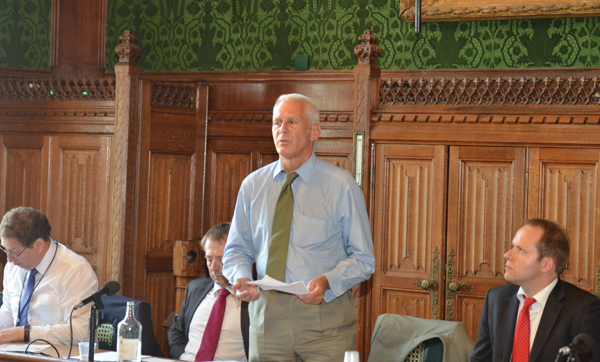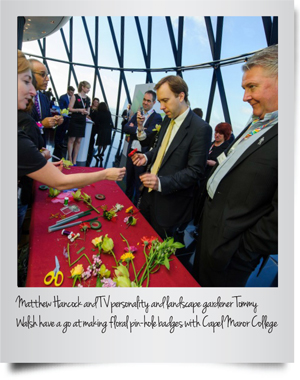Further education featured prominently among the policy proposals outlined by the three main political parties at the recent conferences. However, Lynne Sedgmore believes nothing was said on a number of key sector issues.
The annual conference season has come to an end and aspects of FE featured strongly on their agendas.
We heard about free school meals from the Liberal Democrats and “earn or learn” policies from the Tories.
But on other aspects, there was a worrying silence.
As the political world gears up for the next election, it is important to reflect on where the last few weeks really leave us.
The 157 Group has published its own manifesto for FE and skills, calling for a shared vision, more stability in policy and funding and greater equity across the provider spectrum.
It seems clear, from comparisons with other education and training systems, that these three are prerequisites for success, and we trust that others across the sector will feel able to back our call.
There are signs we might see a less turbulent environment.
As the political world gears up for the next election, it is important to reflect on where the last few weeks really leave us”
Conference discussions seem to reflect a growing consensus around some key policy themes — that traineeships and apprenticeships are the basis of successful vocational education and direct funding of employers will engage more of them in the system.
It is also agreed English and maths are essential for everyone.
There is some comfort to be taken in the implication that a bedding down of current reforms will be given space by all three main parties.
We would suggest, however, there is something missing.
We have long argued colleges play a pivotal role in the skills system, yet none of the emerging manifestos recognise that. We are clear that full-time vocational education is valuable for many, but it is largely ignored.
We think it is important for employers to be engaged on a strategic level, but they shouldn’t be bogged down in the detail of funding.
Colleges are responding to policy initiatives with gusto — for example by ensuring university technical colleges, studio schools and the like are successful, so they can serve as the engine rooms of employer ownership pilots and work hard to make a success of advanced learning loans.
However, this vital role — of the college as a valuable public asset — must be better acknowledged.
It is also revealing to look at what was not discussed during the season.
There was no challenge from any corner to the school reform agenda, nor any dissent from the push to give local enterprise partnerships (LEPs) more authority at local level.
There were no hints of a rethink on FE loans and no suspicion at all that structure of any of the government bodies for our sector (the split between the Department for Education and the Department for Business, Innovation and Skills, for instance) would be reviewed.
So, given all of that, I see an opportunity for colleges to be more vocal about how they are leading the way.
The 157 Group will continue to champion colleges for their strategic leadership within localities and their contribution to economic growth.
We will continue to press for true equity in the way all providers of post-14 education and training are held accountable, and, indeed, for that system to be increasingly sector-driven and owned.
With all the major parties agreed on some key policy elements, colleges will want to demonstrate their ability to lead the skills agenda by showing practically how to implement them.
Headline-grabbing announcements, whether on free meals or the possible loss of benefits or apprenticeships in exchange for foreign skilled workers, are not what is critical. Good working relationships with LEPs for example are.
Lynne Sedgmore,
executive director of the 157 Group






